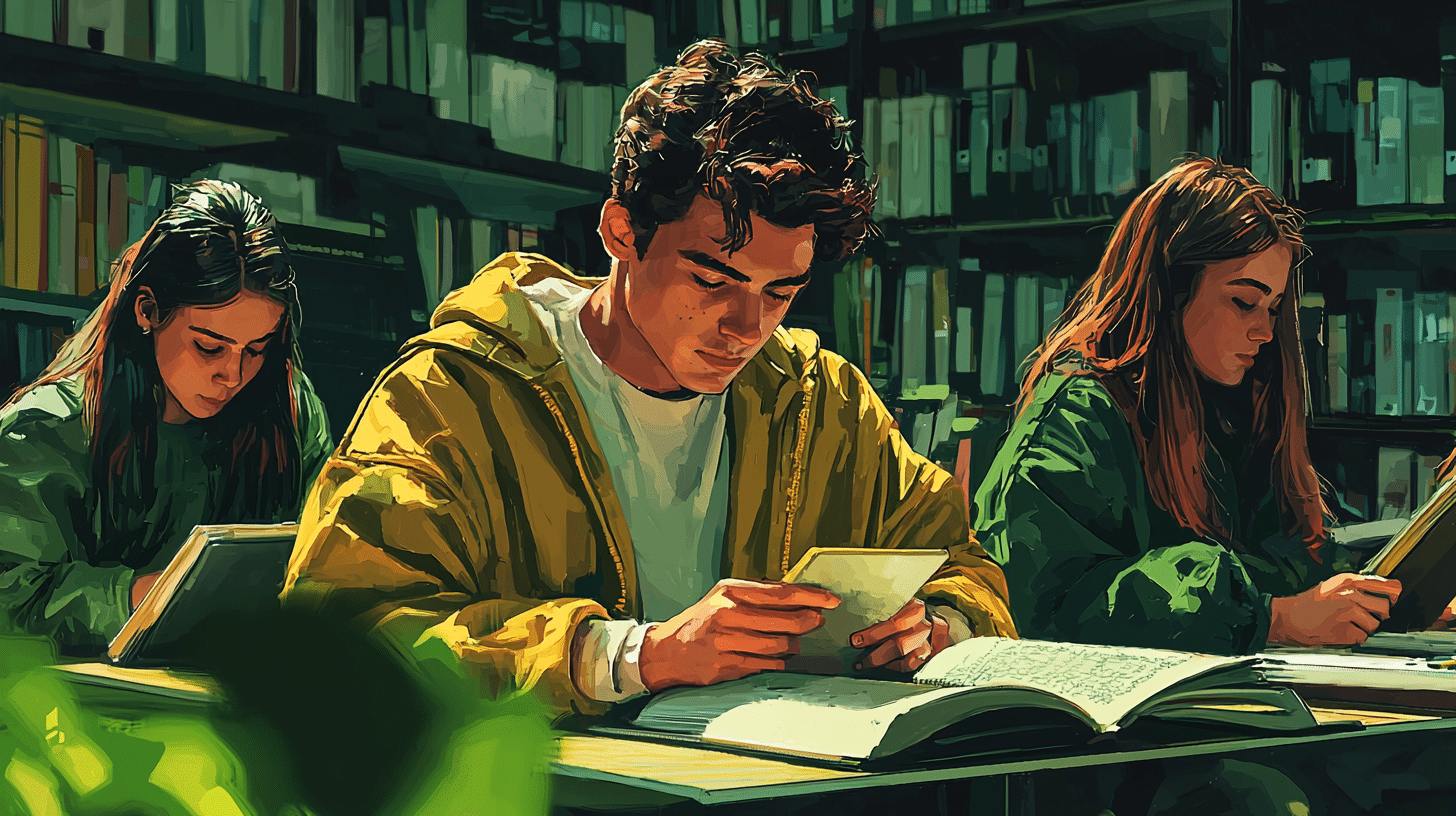Learning a new language opens up a world of cultural understanding and communication. For English speakers delving into Macedonian, the Slavic language spoken primarily in North Macedonia, there are many interesting facets to explore. Two seemingly simple yet intriguing words you will come across are “Игра” (Igra) and “Играчки” (Igrački). While they both share a common root, they diverge in meaning, with one referring to “play” and the other to “toys.” Understanding the nuances of these words can provide a deeper insight into the Macedonian language and culture.
Understanding “Игра” (Igra)
The word “Игра” (Igra) translates to “play” in English. This term is versatile and used in a variety of contexts in Macedonian. Here are some key aspects to consider:
Usage in Daily Life
In everyday conversation, “Игра” is often used to describe various forms of play and games. For example:
– **Children’s Play**: When referring to children playing, you might say, “Децата играат во паркот.” (The children are playing in the park.)
– **Sports and Games**: It is also used to describe playing sports or games. For instance, “Тој игра фудбал секој викенд.” (He plays football every weekend.)
– **Theatrical Plays**: Interestingly, “Игра” can also refer to a theatrical performance. In this context, you might hear, “Ние одиме на игра вечерва.” (We are going to a play tonight.)
Grammatical Context
“Игра” is a noun, but it can also be used as a verb in the infinitive form “игра” (to play). When conjugated, it changes form based on the subject:
– **I play**: јас играм (jas igram)
– **You play**: ти играш (ti igraš)
– **He/She/It plays**: тој/таа/тоа игра (toj/taa/toa igra)
– **We play**: ние играме (nie igrame)
– **You all play**: вие играте (vie igrajte)
– **They play**: тие играат (tie igraat)
Cultural Significance
In Macedonian culture, “Игра” is not only associated with fun and recreation but also with social and communal activities. Traditional Macedonian dances, known as “орo” (oro), are a form of “игра” that bring communities together, especially during festivals and celebrations. These dances are often accompanied by folk music and are an integral part of Macedonian heritage.
Delving into “Играчки” (Igrački)
The word “Играчки” (Igrački) translates to “toys” in English. This term is specifically used to refer to objects that are designed for play, particularly by children.
Usage in Daily Life
“Играчки” is a common word in households with children. It encompasses a wide range of playthings, from dolls and action figures to puzzles and board games. Examples of usage include:
– **Buying Toys**: When purchasing toys, you might say, “Ќе купам играчки за моите деца.” (I will buy toys for my children.)
– **Describing a Toy Collection**: To talk about a collection, you could say, “Тој има голема колекција на играчки.” (He has a large collection of toys.)
Grammatical Context
“Играчки” is a plural noun. The singular form is “играчка” (igračka), which means “a toy.” Here are the forms in different grammatical contexts:
– **Singular Form**: играчка (igračka)
– **Plural Form**: играчки (igrački)
When using the word in sentences, it follows standard Macedonian noun declension patterns. For example:
– **This is a toy**: Ова е играчка. (Ova e igračka.)
– **These are toys**: Овие се играчки. (Ovie se igrački.)
Cultural Significance
Toys hold a special place in Macedonian culture, as they do in many cultures around the world. They are essential in childhood development, fostering creativity, imagination, and social skills. Traditional Macedonian toys often include handmade items such as wooden dolls and clay figures, which reflect the country’s rich artisanal heritage.
Comparative Analysis: Игра vs Играчки
Understanding the differences and connections between “Игра” and “Играчки” can enhance your comprehension of the Macedonian language.
Common Root and Divergence
Both words share the root “игр-” (igr-), which is related to play and movement. However, they diverge in their specific applications:
– **Игра**: Refers to the act of playing, the process, or the activity itself.
– **Играчки**: Refers to the objects used for playing, primarily toys.
Contextual Usage
The context in which these words are used can significantly alter their meaning. For example:
– In a sentence like “Децата играат со играчки” (The children are playing with toys), “играат” (playing) describes the action, while “играчки” (toys) describes the objects involved in the action.
– In contrast, “Тие имаат многу играчки, но ретко играат” (They have many toys, but they rarely play) highlights the difference between having toys and engaging in play.
Language Learning Tips
To master these words and their usage, consider the following tips:
– **Practice in Context**: Use these words in sentences to understand their grammatical roles and meanings better.
– **Engage with Native Speakers**: Conversing with native Macedonian speakers can provide real-life examples and enhance your understanding.
– **Cultural Immersion**: Participate in cultural activities, such as traditional dances or games, to experience “Игра” in action and observe how “Играчки” are used in everyday life.
Conclusion
Learning Macedonian introduces you to a language rich in culture and history. Words like “Игра” (play) and “Играчки” (toys) offer a glimpse into the daily life and traditions of Macedonian speakers. By understanding their meanings, usage, and cultural significance, you not only expand your vocabulary but also deepen your connection to the language and its speakers. So, embrace the journey of learning Macedonian, and remember to enjoy the process—after all, language learning is a form of “игра” itself!

